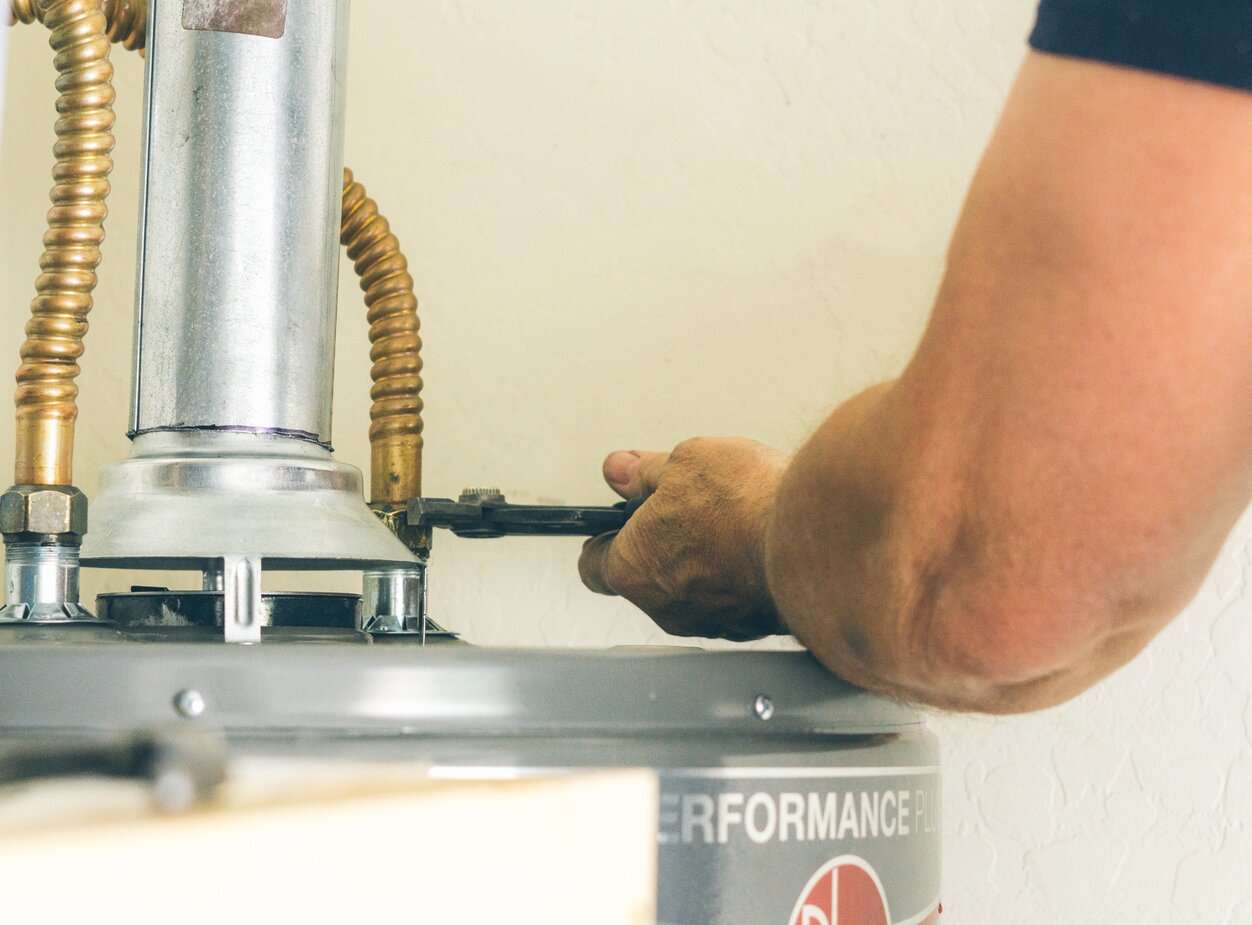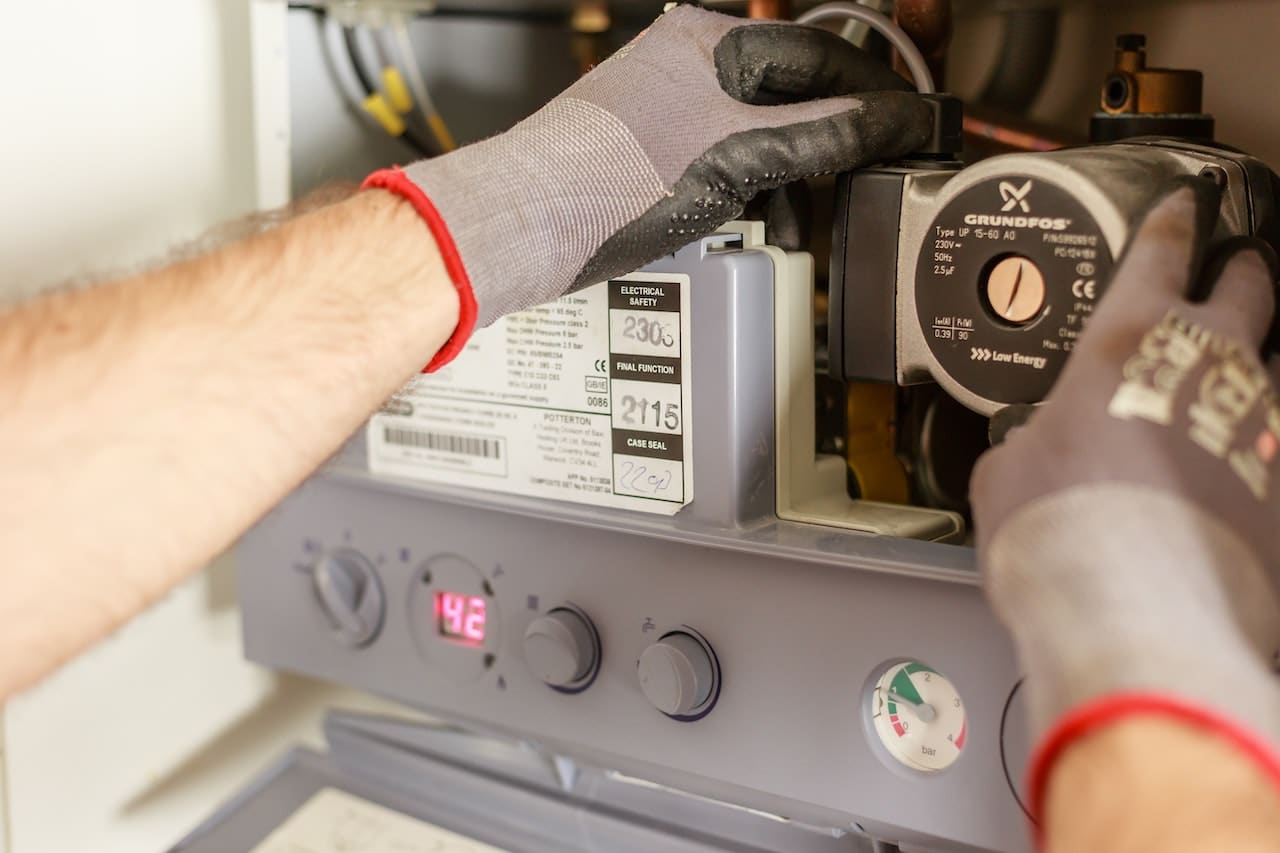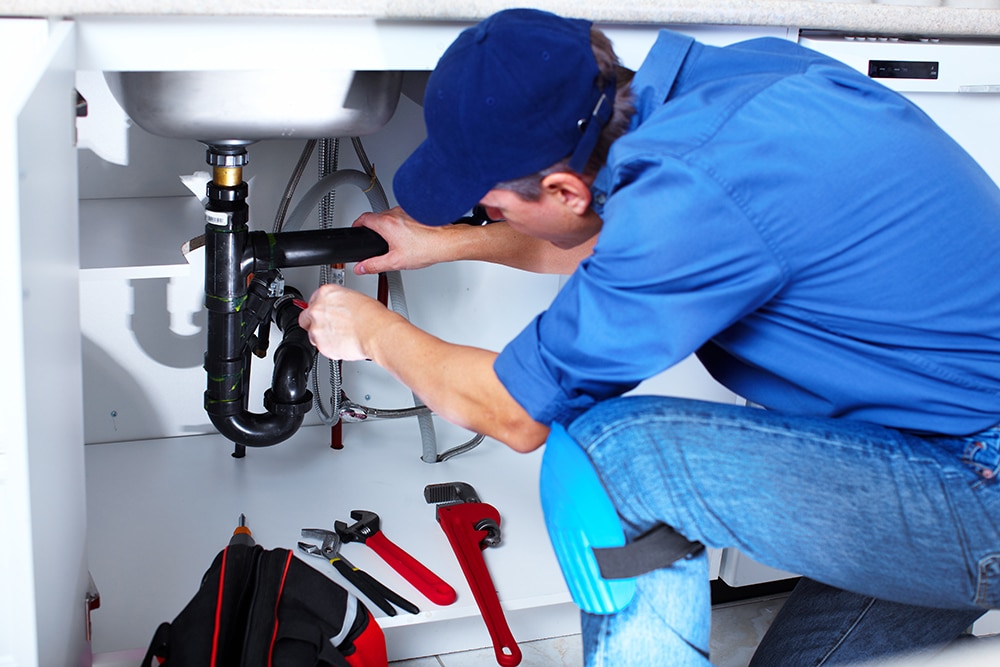Very few people think about their water heaters until they’re forced to take a cold shower because theirs stopped working. Like many other major plumbing problems, a leaking water heater requires immediate attention. If you do not call a professional at once, the damage could worsen and you might end up having to replace your water heater.
But why is your water heater leaking in the first place? In this post, Candu Plumbing shares six of the most common causes of a water heater leak and, more importantly, what you should do when a water heater in your home leaks:
6 Causes of a Water Heater Leak
Even if most water heaters last between 10 to 12 years, the fact that they are used on a daily basis for many years means that they’re bound to experience problems. Here are some issues that could lead to a leaking water heater:
- Loose fittings or connections on the inlet or outlet pipes
- Aged, corroded or damaged drain valve components
- Pinholes or cracks in the walls of the tank lining of the water heater
- Excessively high thermostat settings causing T&P valve problems
- Water supply pressure that’s too high, leading to T&P valve leaks
- Exterior condensation caused by insufficient tank insulation
How Would You Know If Your Water Heater Is Leaking?
You can usually tell that there are leaks due to the pool under the water heater unit. That said, that pool of water may be from other sources of water as well. For example, if the house has a furnace drain line or the AC condensate line and drip pan are close by, you might want to check those, too, just to know if they’re the culprit or not. Once you’ve made sure that it is indeed the water heater that’s leaking, you should start investigating. This is important because small leaks can be tricky and may go unnoticed.
Usually, pools of water directly under the unit are caused by leaks from a top element. If the leak isn’t immediately apparent, you can place a dry cloth around the outlet and the inlet pipes and run your fingers along with the T&P valve. Then put a small pan under your drain valve. Monitor this every few hours or so. If you still can’t determine where the leak is, it might be due to a cracked tank.
What to Do In Case of a Leak
Some homeowners would try to repair their leaky water haters using the tools they have at home. This is not recommended, though. What would you do if you find out that the problem is worse than you have anticipated?
For example, what if the problem is caused by interior tank damage or needs some major component replacement? It is simply safer and better to contact your trusted licensed plumber immediately.
Conclusion
A leaky water heater can lead to secondary water damage that, in turn, could cause structural problems. You can avoid this by getting water heater repair services as soon as you notice signs of problems with your water heater. It doesn’t matter if you think the problem is just minor because only a professional can really determine the extent of the water heater issue. Problems with water heaters are not something to leave up to chance because the consequences can be costly.
If you have a problem with your water heater, contact Candu Plumbing – one of the best plumbers in Santa Monica that are licensed and trained to handle any water heater problem. Contact us today to know more about our plumbing services or to schedule a plumbing repair service!



